From “technocracy.news”
You can’t say enough about AI.GOV and Trump’s simultaneous release of America’s AI Action Plan. Read it. Study it. Reread it. Internalize it. This culminates the first six months of Trump’s race to install full-blown Technocracy in America. All the groundwork is finished: AI is unregulated, data centers are being erected and electrified, states are hamstrung, AI is being installed in every agency, plus the architecture for the new financial system is in place.
Yes, starting 15 years ago, I repeatedly and specifically warned that this day would come. I told America that “The dark horse of globalization is not Communism, Socialism, or Fascism. It is Technocracy.” I have reached tens of millions of listeners over this time frame, and almost all turned away from the message and the messenger. Don’t make the same mistake again! ⁃ Patrick Wood, Editor.
On June 18th in my AI.gov Digital Leviathan substack article, I shared my analysis of the leaked AI.gov documents, expressing concern of what it portended. Today, July 23, 2025 the Digital Leviathan has officially gone live today. What’s unfolding before our eyes isn’t just the launch of a government website—it’s the operational birth of the most sophisticated technocratic control system in human history, moving at a pace that has left even the most ardent accelerationists stunned.
The Trinity of Technocratic Control I warned you about—the AI Chatbot Assistant, Unified API Framework, and CONSOLE monitoring dashboard—is now fully operational as AI.gov no longer redirects to whitehouse.gov. The picture that’s emerged over the past months reveals something far more sinister than even my analysis suggested: a coordinated transformation of American governance that represents the fastest and perhaps more concerning, most deceptive technocratic implementation in modern history.
The Unholy Trinity: Trump, Sacks, and the Self-Appointed Technocrats
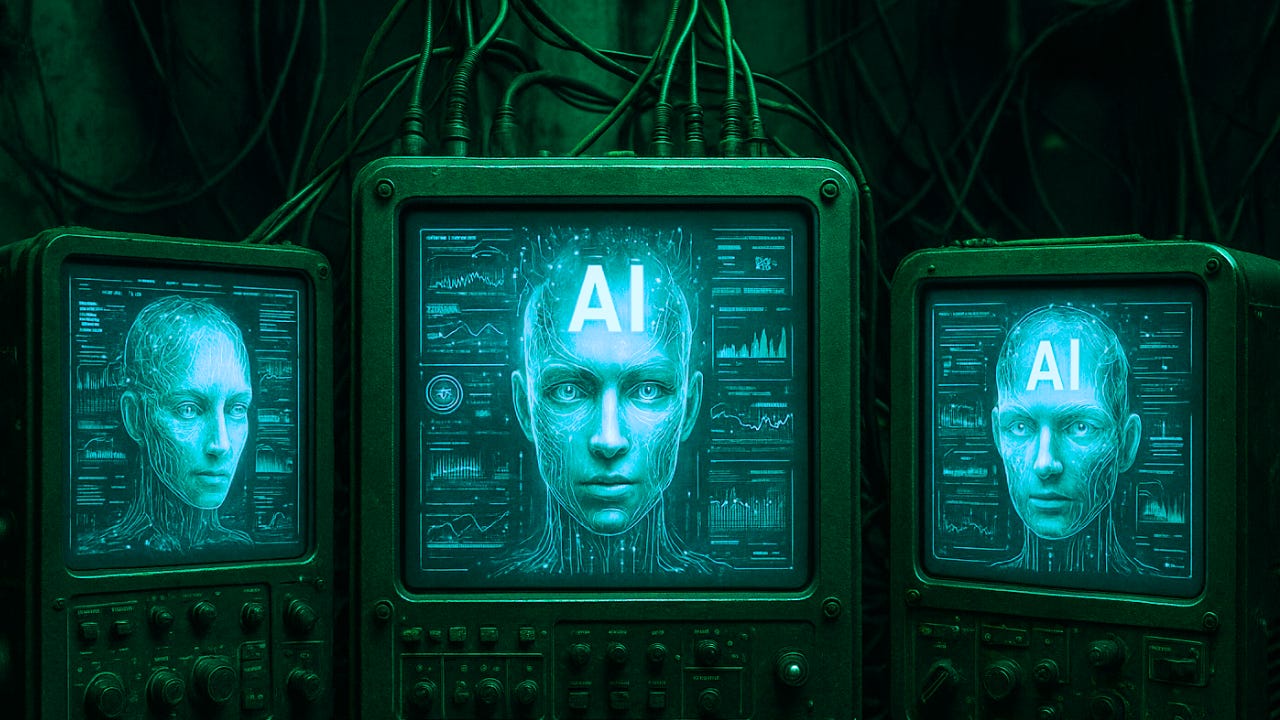
Today’s AI.gov launch coincides with the release of Trump’s America’s AI Action Plan—a 28-page blueprint for technocratic dominance that reads like a wish list compiled by Silicon Valley Oligarchs where legendary technocracy expert Patrick Wood’s analysis becomes absolutely crucial: the most powerful figure shaping this transformation isn’t even a real government employee.
David Sacks, Trump’s so-called “AI and Crypto Czar,” operates as a “special government employee” who works just 130 days per year while maintaining his role at Craft Ventures. As Wood has pointed out, this makes Sacks essentially self-appointed—wielding unprecedented influence over federal AI policy while keeping one foot firmly planted in the private sector where he continues to profit from the very technologies he’s implementing in government. In his recent Technocracy News article Patrick Wood maintains,
“Sacks’ authority is questionable. He was originally listed as a “Special Advisor to the President” under a protocol that ran for 133 days, which has long expired. On this report, his title has changed to “Special Advisor for AI and Crypto.” I conducted an exhaustive search to determine that David Sacks has no current position with any government entity and is, therefore, a private citizen. So, what is his name doing on this report? Apparently, Sacks is self-appointed to be the “Crypto and AI Czar”. Yes, self-appointed. Today’s arch-Technocrats are so sure of themselves that they don’t need official appointment to assert themselves.”
This isn’t public service—it’s technocratic entrepreneurship masquerading as governance. Sacks secured not one but two ethics waivers allowing him to shape federal policy while maintaining financial stakes in AI and crypto companies. As government ethics expert Kathleen Clark bluntly stated: “This is graft.”
The GENIUS Act: Cryptocurrency as Technocratic Infrastructure

The coordination becomes crystal clear when you understand that Trump signed the GENIUS Act into law just five days ago, on July 18, 2025. This landmark cryptocurrency legislation isn’t just about digital assets—it’s about laying the groundwork for tokenization, creating the financial infrastructure for technocratic control.
The GENIUS Act establishes the first federal regulatory framework for stablecoins, requires 100% reserve backing with liquid assets, and creates a unified system for digital currency that perfectly complements the AI-first government strategy. This is the financial backbone of technocracy—a system where monetary policy becomes as algorithmic as every other aspect of governance.
Thomas Shedd: The Tesla Engineer Remaking Government
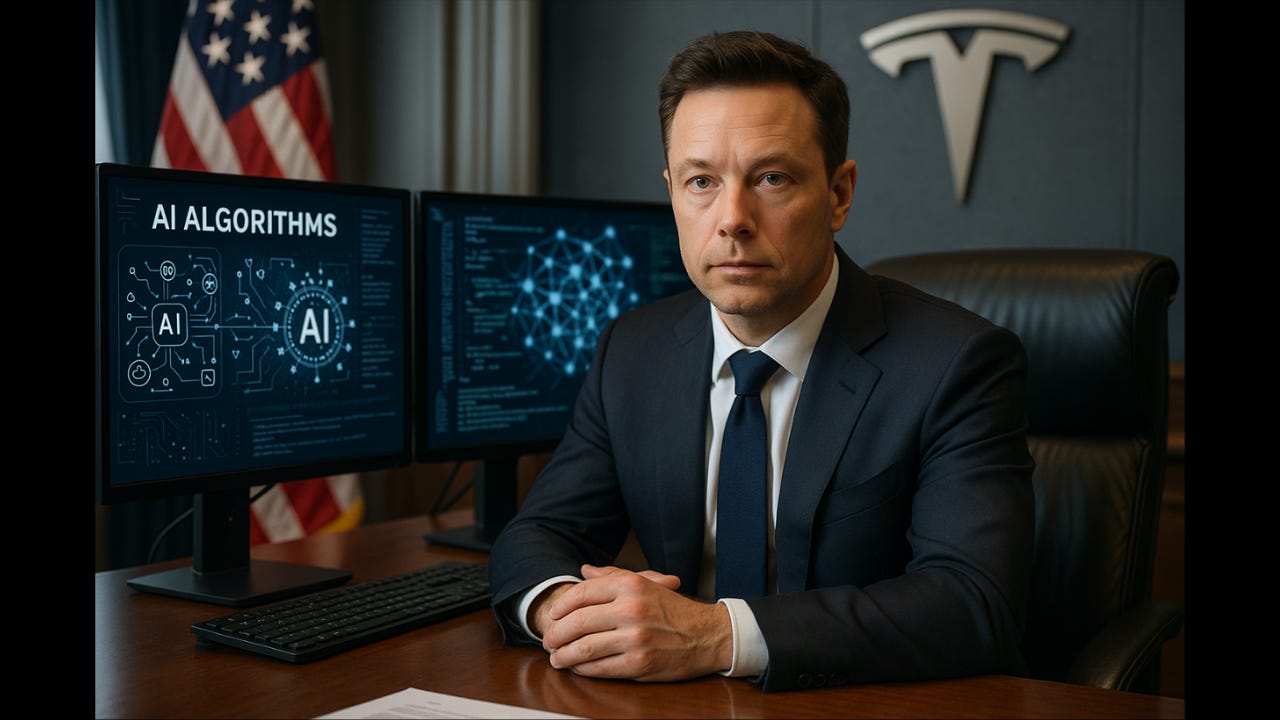
But the true architect of this transformation is Thomas Shedd, the former Tesla engineer now leading the General Services Administration’s Technology Transformation Services. Shedd’s “AI-first strategy” represents the systematic replacement of human judgment with algorithmic determination across the entire federal government.
Under Shedd’s leadership, the GSA is being transformed to operate “like a startup software company” making Curtis Yarvin’s Dark Enlightenment dreams, a reality. His initiatives include:
- AI Coding Agents deployed across all agencies
- Centralized government contract database designed for AI analysis
- Financial automation replacing human oversight
- 50% workforce reduction at TTS to make room for AI systems
This isn’t efficiency—”efficiency” is a euphemism for the systematic elimination of human agency from government operations.
The Stargate Connection: $500 Billion in Technocratic Infrastructure

The $500 billion Stargate project announced earlier this year isn’t just about data centers—it’s about creating the computational infrastructure for comprehensive technocratic governance. Starting with $100 billion immediately and scaling over four years, Stargate represents the largest AI infrastructure investment in human history.
According to the Wallstreet Journal two days ago, “a $500 billion effort unveiled at the White House to supercharge the U.S.’s artificial-intelligence ambitions has struggled to get off the ground and has sharply scaled back its near-term plans…is now setting the more modest goal of building a small data center by year-end.”
The partnership between OpenAI, Oracle, SoftBank, Microsoft, and NVIDIA creates exactly the kind of public-private fusion that technocracy requires. Each data center spans 500,000 square feet, creating what amounts to “digital fortresses” housing the algorithmic infrastructure of governance.
The Three-Pillar Assault on Constitutional Government

Trump’s AI Action Plan operates through three coordinated pillars that represent a systematic attack on constitutional governance:
Pillar I: Accelerate AI Innovation
- Remove all regulatory barriers to AI development
- Eliminate “ideological bias” from AI systems (translation: remove human values)
- Mandate AI access for all federal employees who “could benefit”
- Withhold federal funding from states with “burdensome AI regulations”
Pillar II: Build American AI Infrastructure
- Streamline permitting for data centers and energy infrastructure
- Allocate federal lands for AI facility construction
- Modernize the electrical grid to power AI systems
- Train workforce specifically for AI infrastructure jobs
Pillar III: Lead International AI Diplomacy
- Export American AI systems to allies and partners
- Counter Chinese influence in international AI governance
- Align global protection measures around U.S. AI standards
- Establish U.S. government as leader in evaluating AI risks
The Coordinated Nature of Technocratic Transformation
What makes this moment historically unprecedented is the coordinated timing of multiple technocratic initiatives:
- January 23, 2025: Trump signs Executive Order removing AI barriers
- July 18, 2025: GENIUS Act signed into law
- July 23, 2025: AI.gov goes live and AI Action Plan released
- Ongoing: Thomas Shedd implements AI-first government strategy
- Ongoing: Stargate infrastructure construction begins
This isn’t coincidence—it’s orchestrated transformation. The tech oligarchs aren’t just influencing policy; they’re systematically replacing democratic governance with algorithmic control.
The AI-First Government: Death of Human Discretion
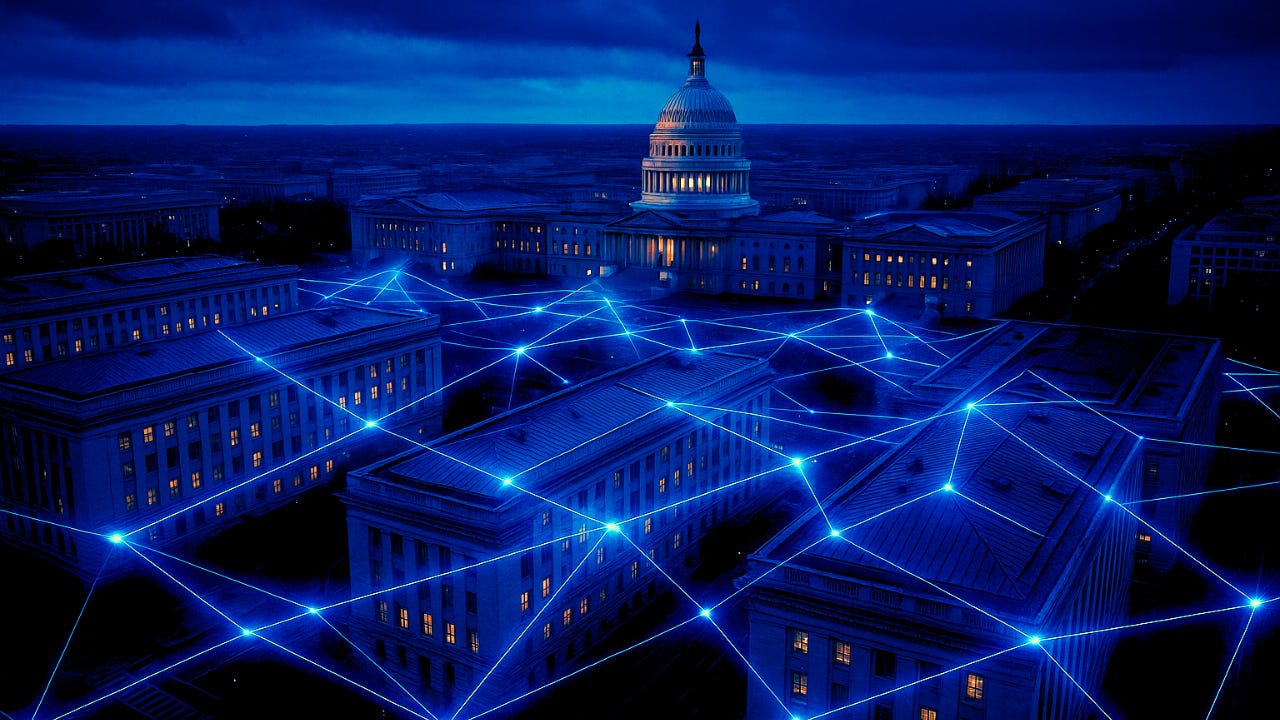
The “AI-first strategy” being implemented by Shedd represents something far more sinister than efficiency improvements. As outlined in the AI Action Plan, this strategy requires:
- Mandatory AI adoption across all federal agencies
- Algorithmic decision-making replacing human judgment
- Real-time monitoring of all employee activities through CONSOLE
- Automated personnel actions without human review
- Centralized data analysis of all government operations
This is the algorithmic authoritarianism I warned about, now operational and expanding rapidly.
The Ethics of Unelected Rule
David Sacks’ position perfectly embodies the ethical crisis at the heart of this transformation. Working only 130 days per year while maintaining private business interests, Sacks operates with zero electoral accountability while wielding influence over policies affecting 330 million Americans.
His role hosting the All-In Podcast and organizing high-dollar conferences while shaping federal AI policy creates unprecedented conflicts of interest. This isn’t public service—it’s technocratic rent-seeking on a scale never before seen in American government.
The Speed of Transformation: Beyond Accelerationist Dreams
What’s most alarming is the velocity of implementation. Trump himself noted that his tech advisers had only six months to develop the AI Action Plan. The tech oligarchs are moving at breakneck speed because they understand that democratic resistance becomes exponentially harder once the infrastructure is operational.
As analysis from TechPolicy.Press reveals, this represents “tech accelerationism” on steroids—the conscious propulsion of technological development to ensure the “techno-capital upward spiral continues forever”. We’re witnessing the implementation of Marc Andreessen’s Techno-Optimist Manifesto as actual government policy.
Global Context: America Joins the Digital Oligarchy
The international implications are staggering. The AI Action Plan explicitly calls for “exporting American AI to allies and partners” while “countering Chinese influence in international governance bodies”. This creates a bipolar world of competing technocratic systems—China’s social credit model versus America’s corporate surveillance state.
We’re not choosing between freedom and authoritarianism; we’re choosing between different flavors of algorithmic control.
The Cognitive Liberty Crisis: Your Mind Under Siege
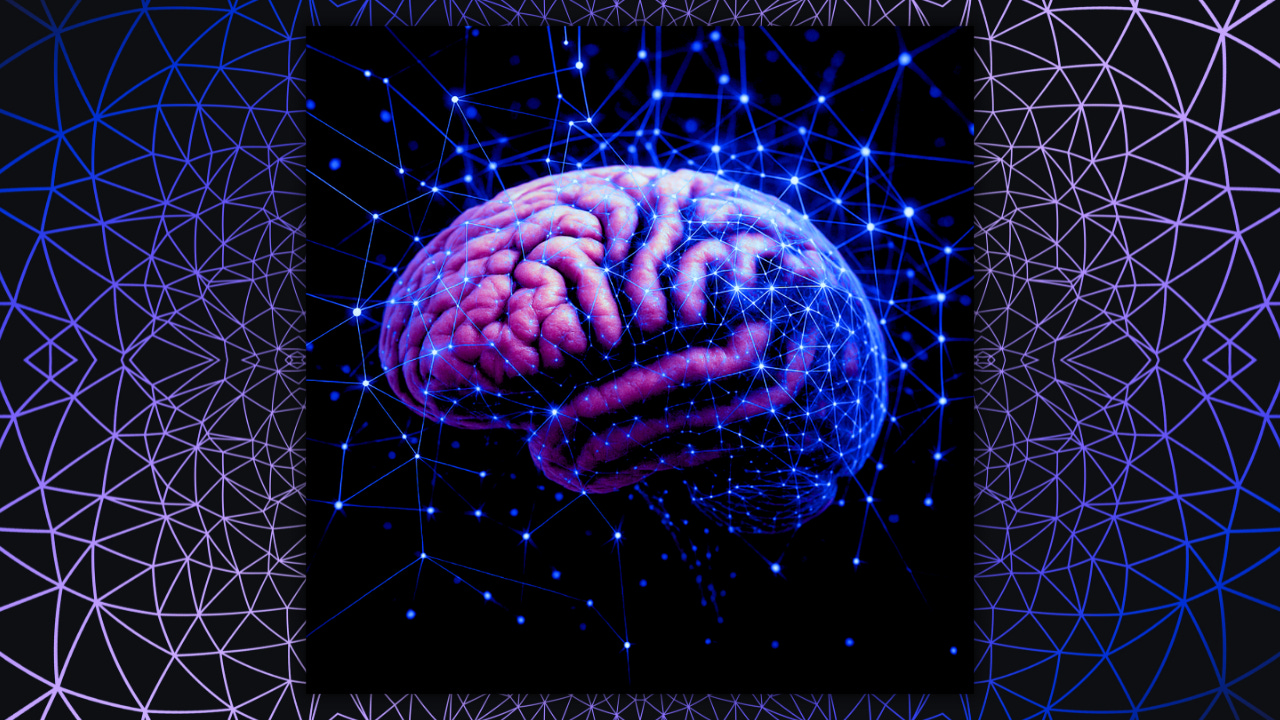
The CONSOLE monitoring system I warned about is now tracking federal employees in real-time, creating exactly the self-censorship epidemic I predicted. Research shows workers under constant AI monitoring report higher anxiety rates compared to unmonitored employees.
This psychological warfare is intentional. The goal is behavioral modification through algorithmic pressure—training humans to conform to machine-readable patterns of thought and action.
Resistance Strategies: The Window Is Closing
With AI.gov now operational and the infrastructure rapidly expanding, the opportunities for resistance are narrowing. But Patrick Wood’s analysis suggests several crucial actions:
Immediate Demands
- Algorithmic transparency for all AI.gov systems
- Human review requirements for all AI decisions
- Congressional hearings on the ethics of self-appointed technocrats
- Electoral accountability for AI policy makers
- Cognitive liberty protections for federal employees
Systemic Changes
- Constitutional amendments protecting human agency in governance
- Mandatory divestiture requirements for government AI advisors
- Democratic oversight of all AI procurement decisions
- Whistleblower protections for surveillance victims
- Local resistance networks to maintain human-centered governance
The Choice Before Us: Agency or Algorithm

The convergence of AI.gov, the GENIUS Act, Trump’s AI Action Plan, along with the Stable act, Clarity act, and the Stargate infrastructure represents the operational birth of technocratic governance in America. This isn’t a gradual transition—it’s a coordinated transformation moving at lightening speed.
David Sacks’ role as a self-appointed, part-time government advisor with massive private conflicts of interest perfectly symbolizes the ethical bankruptcy of this system. Thomas Shedd’s systematic replacement of human workers with AI agents represents the dehumanization of governance. The $500 billion Stargate investment creates the infrastructure for permanent algorithmic control.
Patrick Wood has spent forty years warning us about this moment, and his analysis proves prophetic: technocracy isn’t coming—it’s here, operational, and expanding exponentially.
The Deceptive Implementation: What Americans Never Voted For
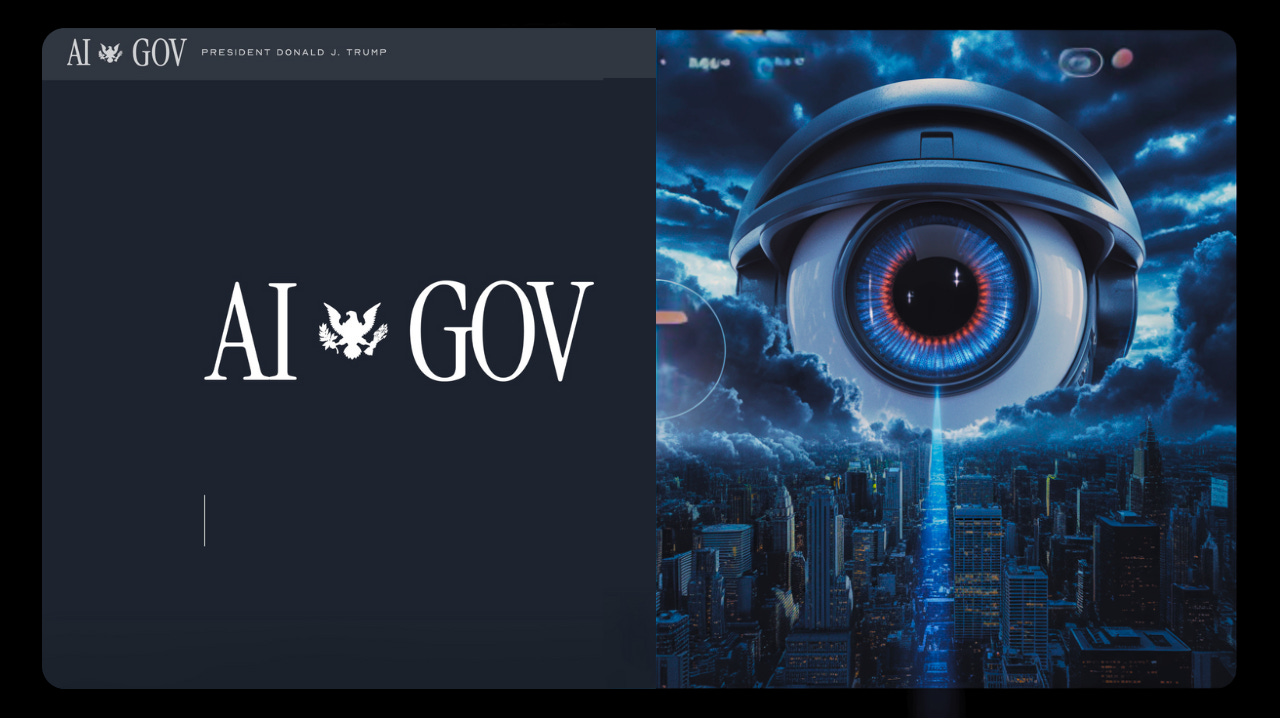
The Campaign That Never Mentioned Technocracy
The most insidious aspect of this technocratic transformation is its fundamentally deceptive nature. When Americans voted for Trump in 2024, they were not voting for algorithmic governance, federal employee surveillance, or the replacement of human judgment with AI systems. Trump’s campaign never mentioned implementing a comprehensive surveillance state through AI.gov or transforming government into a “startup software company” as Thomas Shedd now describes it.
The campaign focused on traditional populist themes: economic prosperity, border security, and “draining the swamp” of Washington corruption. 93% of Trump supporters cited the economy as their most important issue, while 82% prioritized immigration. The campaign did not advocate AI agents to replace human workers, or CONSOLE dashboards to monitor federal employees in real-time.
The Podcast-to-Policy Pipeline: Governance by Tech Oligarchs
What voters received instead was governance crafted on Silicon Valley podcasts by unelected tech billionaires. David Sacks, the architect of much of this policy, works only 130 days per year while maintaining private business interests that directly benefit from the policies he’s implementing. This is a technocratic coup sold under the veil of populism.
The All-In Podcast, co-hosted by Sacks, became the de facto policy development platform for Trump’s AI agenda. Americans didn’t vote for governance by podcast hosts with massive conflicts of interest—they voted for a candidate who promised to represent their interests, not Silicon Valley’s optimization metrics.
The Accelerating Deception: Faster Than Even Technocrats Predicted
The speed of implementation reveals the calculated nature of this deception. Trump gave his tech advisors only six months to develop the AI Action Plan—a timeline that suggests the framework was largely prepared before the election. The coordination between the GENIUS Act(July 18), AI.gov launch (July 23), and AI Action Plan release (July 23) demonstrates systematic preparation that voters never consented to.
The Awareness Gap: Americans Don’t Know What’s Coming
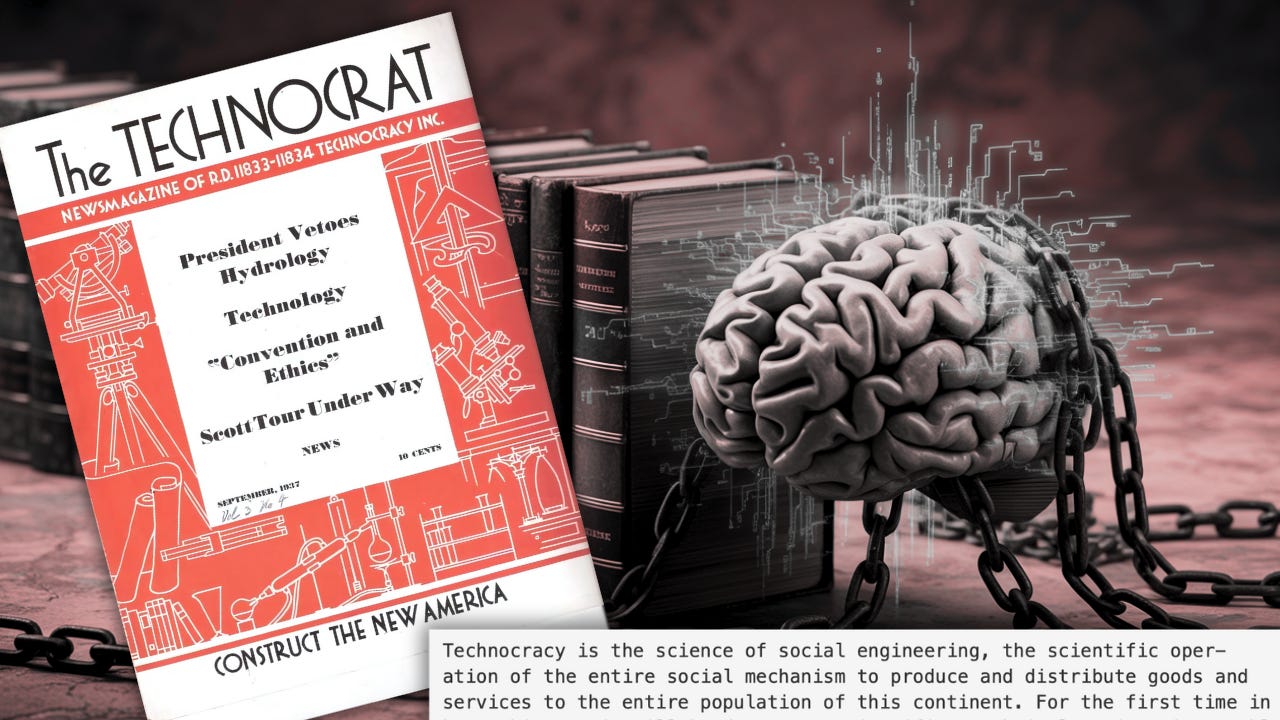
Research shows most Americans remain unaware of what’s actually being implemented:
- Only 30% of Americans correctly recognize AI applications in everyday life
- 55% of voters oppose government use of AI for decision-making
- 60% fear AI-generated misinformation more than government regulation of it
- 28% would share less content if government began regulating AI-generated material
These statistics reveal a public that fears AI overreach while remaining largely unaware that the infrastructure for comprehensive AI governance is already operational.
The False Choice Narrative
The Trump administration presents this transformation through Hegelian dialectics aka carefully crafted false choice narratives:
- “Efficiency vs. Inefficiency” when the real choice is human agency vs. algorithmic control
- “Innovation vs. Regulation” when the real choice is democratic oversight vs. technocratic automation
- “America First” vs. China when both represent competing models of technocratic surveillance
These narrative frames prevent Americans from recognizing that they’re not choosing between competing policies but between fundamentally different systems of governance—constitutional republic versus technocratic efficiency.
The Electoral Mandate Lie
Trump’s victory is being used to justify policies that were never part of his campaign platform. The administration claims a mandate for AI-first government, but voters were never presented with this choice. Campaign materials focused on:
- Economic growth and job creation (not AI replacing workers)
- Border security and immigration control (not algorithmic surveillance systems)
- Energy independence (not $500 billion AI infrastructure projects)
- Government efficiency (not comprehensive federal employee monitoring)
No campaign rally mentioned AI.gov. No policy platform discussed CONSOLE monitoring. No voter was told they were choosing technocracy over constitutional republicanism.
The Irreversible Infrastructure Trap
Most deceptively, Americans were never warned that this transformation would create irreversible infrastructure. Once AI.gov is operational, CONSOLE is monitoring, and Stargate data centers are built, resistance becomes exponentially more difficult. Voters were given no opportunity to consent to infrastructure that would make future democratic choices meaningless.
The Global Context: Joining Digital Authoritarianism
Americans were never told their vote would align the United States with 56 countries already using AI surveillance systems. They didn’t consent to joining China’s technocratic model—they thought they were choosing American exceptionalism over foreign influence. Instead, they’re receiving the American version of digital authoritarianism, implemented by the same tech oligarchs who profit from surveillance capitalism.
The campaign promised to counter Chinese influence while implementing the same fundamental approach—comprehensive algorithmic governance. This represents perhaps the most profound deception: campaigning against authoritarianism while building its technological infrastructure.
Democracy Stolen Through Deception
This transformation represents the Phoenixing of the Constitutional Republic to birth a Technate. Stolen through systematic deception— Americans voted for populist reform and received the implementation of technocratic infrastructure. They voted for human-centered governance and received algorithmic optimization. They voted for constitutional restoration and received surveillance state implementation.
The speed and coordinated nature of this rollout—AI.gov operational within six months, major AI infrastructure projects announced, comprehensive federal monitoring systems deployed—reveals planning that predated the election. Americans were never given a choice about technocracy because the choice was hidden behind populist rhetoric and implemented by unelected oligarchs operating through conflicts of interest that would typically be considered corruption.
This is how constitutional republics die—not through violent coups but through technological transformation implemented faster than democratic resistance can organize, justified through mandates that were never actually granted, and designed by unelected elites who profit from the systems they’re building.
The Digital Leviathan isn’t just operational—it was built through perhaps the most sophisticated political deception in American history.
Conclusion: The Digital Leviathan Awakens

Today marks the transition from warning to reality. The Digital Leviathan I identified months ago through leaked documents is now fully operational and backed by the most comprehensive technocratic transformation in modern history.
But here’s what they didn’t count on: human consciousness awakening to the threat. The more they reveal their true intentions—replacing elected representatives with AI systems, implementing surveillance through efficiency narratives, and concentrating power in the hands of unelected tech oligarchs—the more Americans understand what’s at stake.
Your “messy, imperfect, foible-filled, gloriously human judgment” remains infinitely more valuable than any AI system. Your capacity for moral reasoning, emotional consideration, and spiritual discernment cannot be replicated by algorithms, no matter how sophisticated.
The battle for cognitive liberty, democratic accountability, and human agency isn’t lost—but the Digital Leviathan is no longer a future threat. It’s here, it’s operational, and it’s growing stronger every day.
The question I posed months ago remains more urgent than ever: What will you choose?
AI.gov is live. The infrastructure is expanding. The window for action is closing.
But the choice—agency or algorithm, human wisdom or technocratic control, constitutional democracy or digital oligarchy—remains ours.
For now. It’s my hope that we can raise awareness and push back against technocracy NOW!
